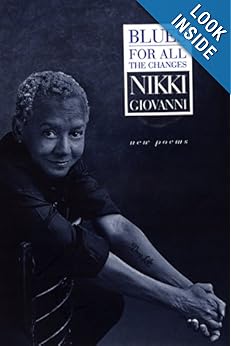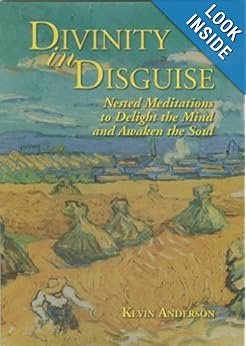 Punctuation matters.
Punctuation matters.We considered this fact, as well as examples that demonstrated this, in the previous post, The Power of Punctuation.
Punctuation makes an extreme difference.
Puntuation signals the way we read, interpret, and comprehend a text. It also supports our fluency in both silent and oral reading--guiding the intonation, inflection, and pace--suggesting where we pause, slow down, or come to a complete stop.
Punctuation matters..
But how exactly does punctuation enhance, change, illuminate or eliminate meaning?
And how do writers choose particular punctuation marks to convey their ideas, thoughts and feelings --to add layers of meaning to their writing?
One way to think deeply about punctuation is to investigate the varied manner in which writers use specific marks.
On numerous occasions, I have invited writing group participants to conduct such investigations--always leading to new insights and lively discussions.
As individuals or in small groups, we consider a number of poems or other pieces of writing in which punctuation (and capitals) are used in distinct ways.
As we consider the writing, the following questions guide our investigation and discussion:
- What punctuation mark(s) has the author used (or omitted) in a distinct or unusual way ?
- What seems to be the writer's rule for how to use this mark?
- How does this decision affect the writing? add meaning? detract from the meaning?
- How might you have written the piece differently? used punctuation differently?
- What else did you notice?
On of my favorite books from which to take selections for this
investigative activity is Nikki
Giovanni's Blues for All Changes.
In this particular volume of poems, Giovanni has done some unique things with punctuation that foster a close examination of her purposes, her meanings and writing strategies.
For example, in the Inaugural poem, there are no punctuation marks and no capitals except for the few names of people.
Another poem, Just Jazz, also has no punctuation marks.
The ellipsis is the punctuation mark of choice in Not Just Truman's Baby.
And dashes and series of colons rule in And How Could I Live On.
We can consider each poem individually, using the suggested questions listed above.
But considering these poems together, we might also search for an overall pattern about how this writer uses punctuation.
I am always on the lookout for additional poems or other pieces to use with this activity.
Both All I knew by Mark Belair (The Sun, August 2008, 27) and Decoded by Jon Sands (Rattle #40, Summer 2013,47) use slashes (or the solidus) in unusual ways that are integral to the meaning of both poems.
And finally, I invite you to consider how punctuation evolves, as a short sentence becomes longer, as ideas are added and meaning is expanded and changes-- and ultimately morphs into a poem --into what Kevin Anderson calls nested meditations.
Anderson has created a short meditative form in which punctuation matters and makes meaning, as each successive line is added to the verse.
The rules are few and simple (and flexible):
Begin with a single line that forms a complete sentence.
Each stanza must be a complete sentence.
Each stanza must include the lines from the previous stanza (punctuation and capitalization may be adjusted as necessary for each stanza to make sense) and each stanza should be able to must stand alone.
For a more extensive explanation and for samples of nested meditations see Anderson's book, Divinity in Disguise: Nested Meditations to Delight the Mind and Awaken the Soul and his website.
Punctuation matters.
How do writers use punctuation to make meaning?
How do you use punctuation to make meaning?
Today's Deeper Writing Possibilities
Examine several poems or other pieces of writing to see how the writer has used punctuation.You may want to use the suggested poems above or gather works by other authors.
Use the questions above to guide your investigation.
Write an essay describing and analyzing how the writer has used particular marks to add meaning to writing.
Try writing a poem or short piece in which you experiment with deliberately using a particular punctuation mark in a unique or experimental way. I am fascinated with the word and function of the ampersand. Click here to read a draft of a poem in which I play with the ampersand.
You may want to write a nested meditation or try writing an extremely long sentence and play with the punctuation.


No comments:
Post a Comment